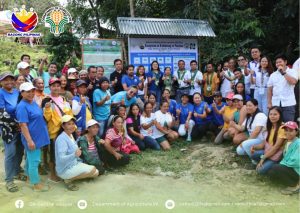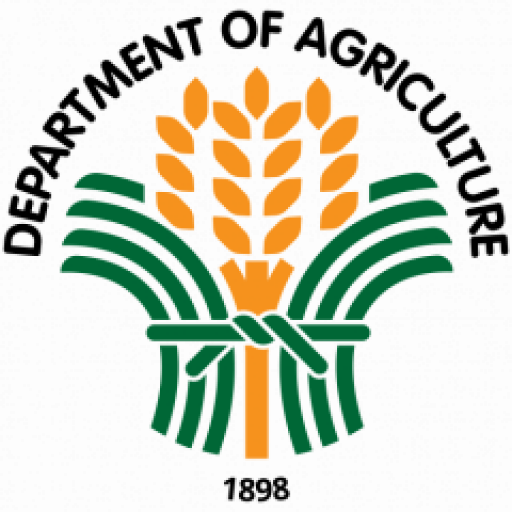 The Department of Agriculture Central Visayas (DA7), through the Adaptation and Mitigation Initiatives in Agriculture (AMIA) Program turned over today, February 4, 2025, a compact corn mill and Farm Weather Outlook and Advisory Bulletin Board to the Egang Carol-an Farmers Association (EGCAFA) in Barangay Carol-an, Ayungon, Negros Oriental.
The Department of Agriculture Central Visayas (DA7), through the Adaptation and Mitigation Initiatives in Agriculture (AMIA) Program turned over today, February 4, 2025, a compact corn mill and Farm Weather Outlook and Advisory Bulletin Board to the Egang Carol-an Farmers Association (EGCAFA) in Barangay Carol-an, Ayungon, Negros Oriental.The project, amounting to P743,500.00 aimed to enhance the resiliency and productivity of the local farmers in the face of climate change.
The corn mill is expected to modernize the post-harvest operations, minimizing losses and increasing income-generating opportunities for the association, while the bulletin board provides weather information to help and empower the farmers in making decisions and proactively adapt to the changing climate conditions.
EGCAFA President Pepe Mondina expressed his gratitude to DA, the Provincial Agriculture Office (PAO), the Local Government Unit (LGU), and all those who contributed to the project. He emphasized the importance of the corn mill and weather outlook which will benefit the future generations of farmers.
Vice Mayor Nilda Favillaran, together with the Municipal Council expressed their appreciation for the interventions provided. They recognized the importance of these tools as it play crucial roles in mitigating the impact of adverse weather conditions, of which the upland Carol-an area is highly vulnerable to climate-related challenges.
Antonio Tangayan Jr. of DA7’s Research Division staff, who is the alternate focal for the AMIA Program, highlighted the significance of strong coordination and cooperation between the LGU, the PAO, and the region for the successful implementation of the AMIA Village. He said that the AMIA’s purpose is to help mitigate the effects of climate change in the farming communities, adding that the equipments given will lessen post-harvest losses and to make the EGCAFA farmers being weather wise in their farming practices and decisions.
DA7’s Negros Oriental Research and Development Center (NORDC) Chief Bernard Limbaga outlined the four key phases of the AMIA Program, namely, organization, demonstration, enterprise, and sustainability. He shared that EGCAFA was a recipient of other AMIA interventions, which include the multicultivator, fertilizers, seeds, four carabaos, and sixteen piglets.
The selection of EGCAFA as beneficiary was based on its vulnerability to soil erosion and water-related issues due to the region’s susceptibility to extreme weather events.
Through these interventions, DA7 reaffirms its commitment to enhancing food security and sustainability in the region, empowering farmers to adapt to the challenges of climate change and build a more resilient agricultural sector.
